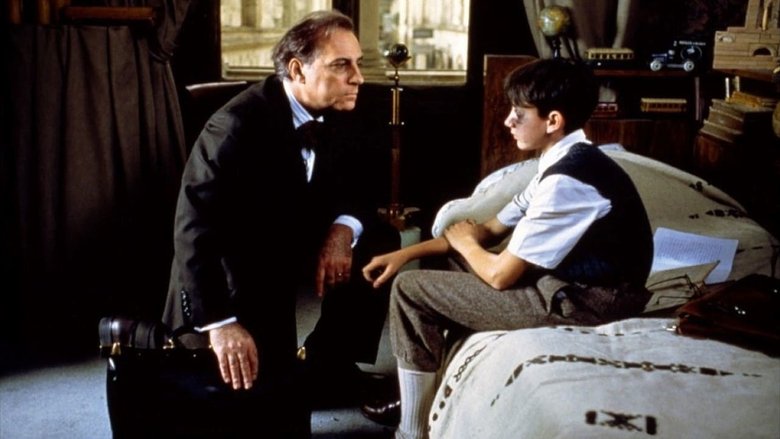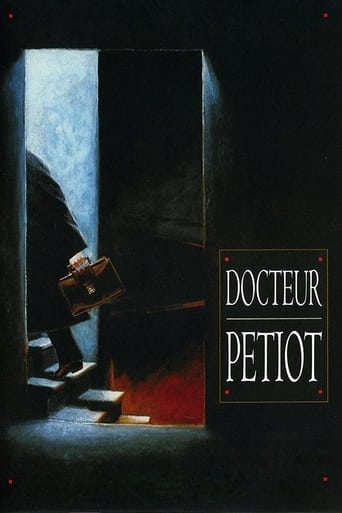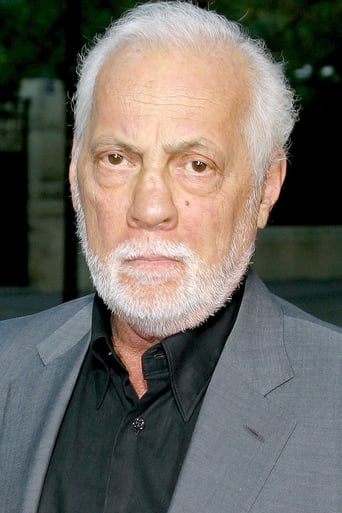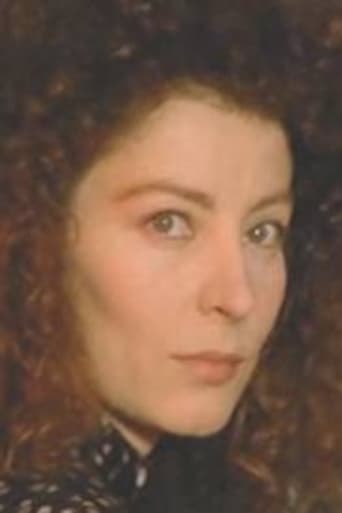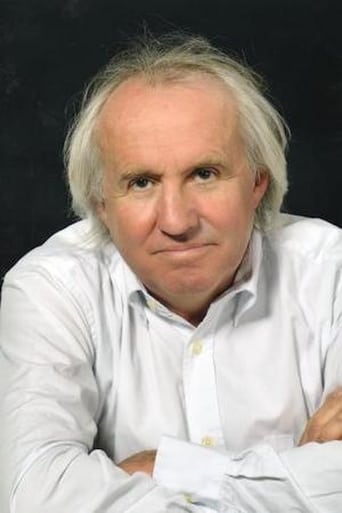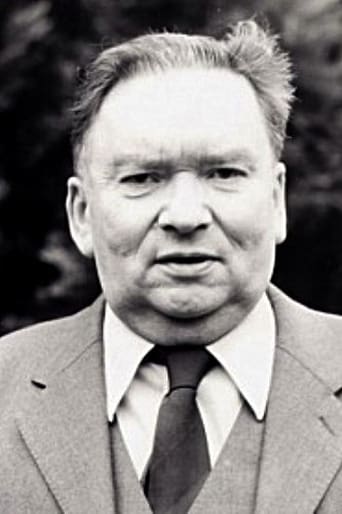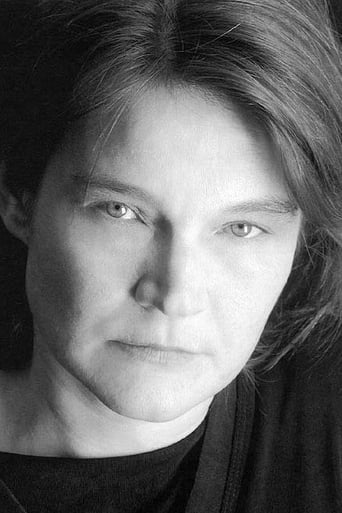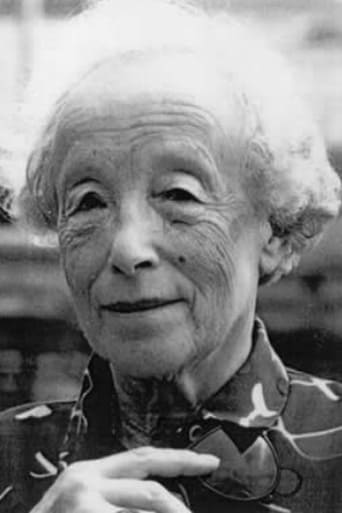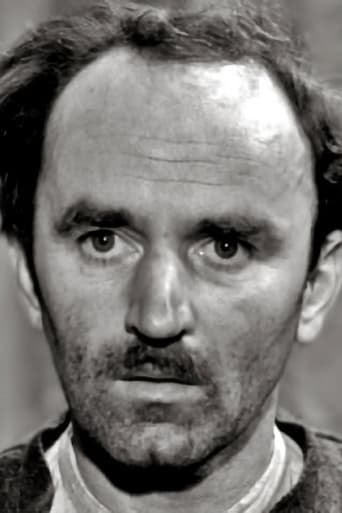A true story shot in a German Impressionistic style. In France during the Nazi occupation, Dr. Petiot (Michel Serrault) offered to help Jews escape the Nazis. They would come to his house, and he would kindly give them lethal "vaccinations" for their anticipated travel to Argentina. Then he would steal everything the brought with them (in addition to their up-front payment to him) and burn their bodies in his home-made crematorium.
Reviews
Fun premise, good actors, bad writing. This film seemed to have potential at the beginning but it quickly devolves into a trite action film. Ultimately it's very boring.
Like the great film, it's made with a great deal of visible affection both in front of and behind the camera.
All of these films share one commonality, that being a kind of emotional center that humanizes a cast of monsters.
Through painfully honest and emotional moments, the movie becomes irresistibly relatable
I discovered this film after reading the book that inspired it. It is not a strictly biographical film; it is "loosely based" on the facts. But I found it a compelling and eerie exploration of evil and madness, and Michel Serrault gives an unforgettable performance as Dr. Petiot.There are many memorable images in this movie; Petiot traveling through the night like a vampire, his black cloak flapping behind him, is almost iconic. There are also several touches of expressionism - Petiot's crooked silhouette mounting the stairs leading from the cellar where the butchered remains of his victims await cremation, reminds me of some scenes from 'Nosferatu'.But I found the primary appeal of this movie to be aural. The soundtrack is loaded with ominous sounds, starting with the foreboding music of the opening credits, accompanied by wordless wailing. Petiot lives and runs his medical practice in a complex with many small shops, and there is a persistent background noise of knives being sharpened somewhere, as well as a peddler playing eerie tunes on a saw. There are animal noises as well - the concierge keeps a goat, unseen cats howl - and later in the film we see hapless cattle being herded through an underpass. The whole atmosphere is unsettling, with overtones of violence and slaughter.Not only animals, but human voices are often heard - the screams of Gestapo victims, Petiot's patients in his waiting room, monitored by a listening device, just the same as the suspected collaborators after the war are monitored in their cells. Even the action of the film is often arranged so that we hear the voices of the participants without seeing them - when Petiot goes to see Mme Kern, we hear her singing as she works, her voice echoing in the theater, before we ever see her. And even when she does appear, she is often filmed from behind, her voice calling out to her husband, whose voice calls out to her in conversation. Disembodied voices echo in large halls, and their owners, when seen at all, are photographed at a distance, so we cannot actually see them speaking. This is a ghost story, and these are the voices of ghosts - many of them Petiot's future victims.Yet Petiot himself is often only a voice; his frightening laughter echoes as he retreats from the camera, throwing comments behind him or into the air to nobody. In a way, he is as much a ghost as those he murders. He is always frantically busy, scurrying from appointment to appointment, never at rest. But his activity is that of a machine - lifeless and imperturbable. It is interesting that among all the horror and danger of occupied Paris, Petiot alone is unafraid; he is amused, enthusiastic, angry, irritated, contemptuous, but never afraid, unlike those real people he lures to their deaths. It is no surprise that he boasts of his mechanical inventions, including a perpetual motion machine (a true detail from the book - he did claim to have invented many machines); he is a sort of perpetual motion machine himself. And mechanical imagery is everywhere in the film, from the opening giant wheel in the movie house, to Petiot's bicycle (with its squeaking wheels echoing the sound of sharpening knives), to the Victrola he keeps winding up to play music before he makes a kill. Even his routine with his victims is mechanical - write a note to your wife, let me disguise you before you leave, you need a vaccination, Barcelona, Casablanca, Dakar - like a well-oiled machine, the routine is always the same, just as the record is always the same.Maeder, the author, says that it was the clockwork perfection of his crimes that weighed so heavily against Petiot at his trial. His system was as smooth and efficient as a Nazi concentration camp, and this may be why the movie invents a subplot of Petiot's involvement with the French Gestapo and the occupying Nazis. Unfortunately, it doesn't quite work as part of the story, because it's very hard to figure out just what Petiot is doing for the collaborators, or what is going on when he ends up at their headquarters in the middle of the night. Disposing of bodies? Hiding stolen goods? It's hard to say, and harder to believe; it's not likely the state would turn to a freelancer like Petiot.But it does remind us of the duality of evil people; Petiot is a robber and a murderer, but he is also a devoted father and husband. Just as we learned that Hitler loved dogs, and that Nazis guilty of the worst war crimes could also be loving fathers and family men, so we have to recognize that Petiot could commit unspeakable horrors and yet also function normally. His insanity is easily camouflaged by the insanity and horror of the wartime situation in Paris; when killing, robbing and disappearing are happening all around, nobody pays attention as Petiot tosses more corpses on the pile.
A very scary movie.Based on the true-life exploits of Marcel Petiot, this film is an experience not to be forgotten.The movie has everything. Brilliant direction,exceptional cinematography,fine acting & a chilling soundtrack.20th century man is more scarier than any monster dreamed up by Hollywood!This amazing film scores 10/10 in my book.A must see.
DOCTEUR PETIOT, starring Michel Serrault, is a brutal story about a brutal man. A doctor who heals the sick in occupied France, even if their ability to compensate is not there. Yet, he preys on the weakest amidst the populace. The imagery and cinematography are superb, and lend an additional macabre feeling to this complex story. He is the perfect psychopath. Seductive and altruistic, intelligent and caring, calculating and murderous. A movie certain not to be forgotten soon by the viewer. Kudos to Mr. Serrault, for his chilling portrayal.
From the opening sequence in a cinema when Dr Petiot (the extraordinary Michel Serrault) seethes with indignation at the puny evil portrayed by a Nosferatu-like character on-screen and then enters the action (a la Purple Rose of Cairo), you know this is an unusual movie experience. The story is strongly based on the real Petiot, a deranged but extremely clever, even witty, physician who preyed on desperate people fleeing the Holocaust and enriched himself in the process, then escaped arrest and built a new career as a French army doctor. When, finally, the real Petiot was brought to trial, he became an instant celebrity and the event a true cause celebre. This movie was something of a labour of love for Serrault and at a time when Roberto Benigni's La Vita e Bella is causing a sensation, this sleeper should become far better known.
Top Streaming Movies











